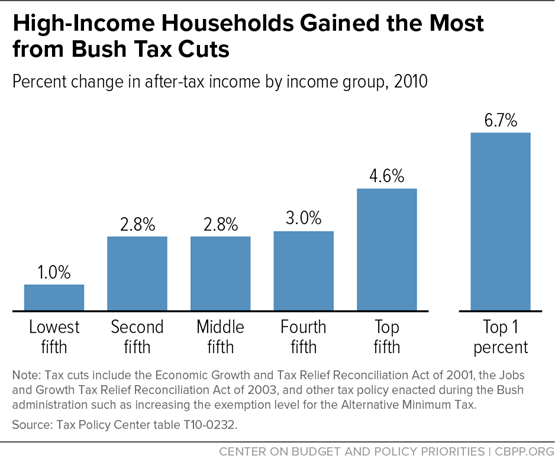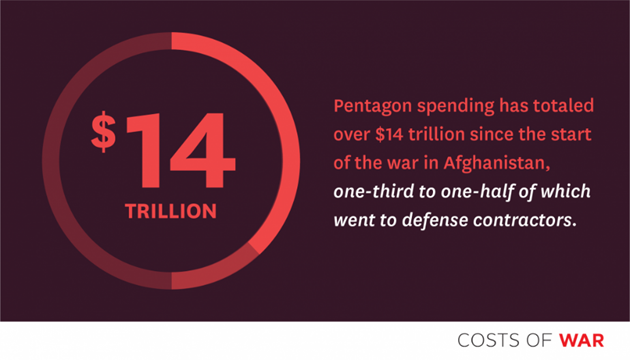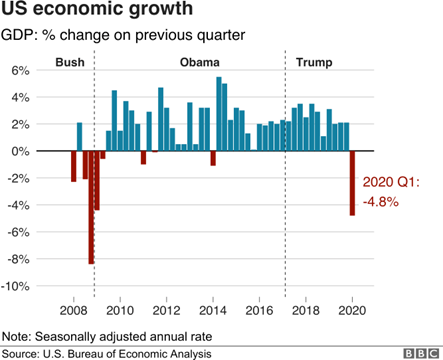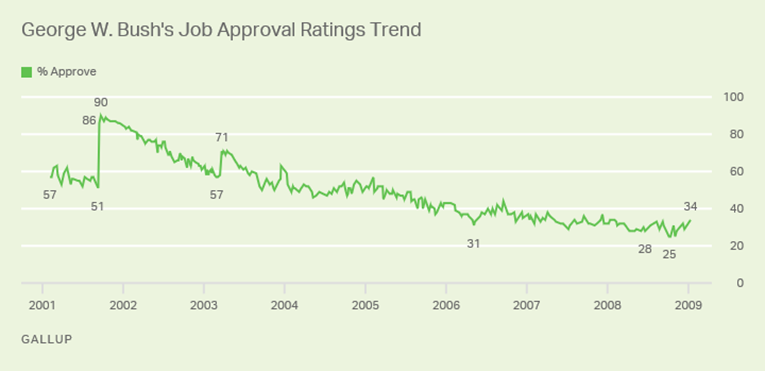Harry Targ
(an earlier version
appeared on January 23, 2009)
Purdue Today, October 22, 2022.
“President Bush to join
President Daniels for final Purdue Presidential Lecture Series event” (December 6, 2022).
“Bush served as the 43rd U.S.
president from 2001-09. As commander in chief,
President Bush worked to expand freedom, opportunity, and security at home and
abroad. At home, he championed the No Child Left Behind Act to raise
standards in schools and cut taxes for every federal income taxpayer, restoring
economic growth after the 2000-01 recession, and launching an unprecedented 52
straight months of job creation.”
“After a 15-year career in private
business, Daniels was confirmed as President Bush’s director of the Office of
Management and Budget by a U.S. Senate vote of 100-0, serving from
January 2001 until May 2003. In this role, Daniels also was a member of
the National
Security Council and the Homeland Security Council.”
**************************************************************************
Elisabeth
Bumiller, “Threats and Responses: The Cost; White House Cuts Estimate of Cost
of War With Iraq” New York Times, December 31. 2002.
The administration's top budget official estimated today
that the cost of a war with Iraq could be in the range of $50 billion to $60 billion,
a figure that is well below earlier estimates from White House officials….In a
telephone interview today, the official, Mitchell E. Daniels Jr., director of
the Office of Management and Budget, also said there was likely to be a deficit
in the fiscal 2004 budget, though he declined to specify how large it would be.
Dylan
Matthews,
“The enormous costs and
elusive benefits of the war on terror.” Vox. Com,
September 11, 2021.
Meanwhile, according to the
most recent estimates from Brown
University’s Costs of War Project, at
least 897,000 people around the world have died in violence that can be classified
as part of the war on terror; at
least 38 million people have been displaced due to these wars; and the
effort has cost the US at least $5.8 trillion, not including about $2 trillion more
needed in health care and disability coverage for veterans in decades to come.
An assessment of the Bush years (2001-2008) must be grounded in an understanding of the almost thirty years of a failed ideology that guided domestic and foreign policy. This failed vision of government and public policy has its modern roots in the so-called Reagan "revolution."
Domestically the Reagan administration embraced a governmental philosophy that
claimed that government can never help solve social, political, and economic
problems. Rather, government was the problem. In keeping with this philosophy,
Presidents Reagan, George Herbert Walker Bush, Clinton, and the last Bush
reduced government by cutting social services; redistributed more of society's
wealth from the majority to the tiny minority by cutting taxes for the rich;
reduced funding for mass transportation and public education and attempted to
gut long-standing programs that have served the needs of the population well,
such as Social Security. This century government became disabled such that when
an enormous tragedy such as Hurricane Katrina occurred, the Bush administration
was totally unprepared to come to the aid of people in need.
Twenty-first century government served the people less than government did thirty or forty years ago. The Bush administration through taxes and selective government programs tilted societal resources further toward the rich. The top 1% of wealth holders in the United States control over 42% of the country's wealth, an increase of about 10% over the 1970s. On foreign policy, Bush embraced the neo-conservative global vision. Basically, neo-conservatives in the Bush administration-- Dick Cheney, Donald Rumsfeld, Lewis Libby, Richard Perle, and a host of others-- argued that as the last remaining superpower the United States has the right and responsibility to impose its wishes, its vision of government and public policy, and its institutions on the world. If people resist, the neo-conservatives said, the United States should impose its domination by force.
In response to the tragedy of 9/11 the Bush team launched a war on Afghanistan, began a campaign to convince the American people that Iraq was a threat to US national security, and the state needed to approve policies to give the administration the authority to make war overseas and endorse further surveillance at home, including the Patriot Act, to allegedly forestall any further acts of terrorism.
In the end, the Bush administration tried to undermine government domestically and expanded militarily all around the world. As 2009 dawned the United States was in the midst of an economic depression that reminded some people of the Great Depression of the 1930s with massive unemployment, growing mortgage foreclosures, and declining social services. And the United States was bogged down in two wars and lived in a world in which most nations and peoples no longer respected the United States.
The economic crises and unending wars of the twenty-first century are in many ways the result of Bush administration policies: a thirty-year tradition of government for the rich and visions of creating a global order based on US dominance. Those administrations that followed Bush inadequately returned to the view that government can and must help those in need. And subsequent presidents also failed to shift from a foreign policy based on threats and military interventionism to negotiation and working with other governments in international organizations.
The twenty-first century world economically,
politically, militarily, and environmentally was significantly shaped by the
Bush Administration. To say as the Purdue Today states that “As commander in chief, President Bush
worked to expand freedom, opportunity and security at home and abroad” is belied by the historical record.
*******************************************************
Some enduring consequences
of Bush policies on higher education: https://heartlandradical.blogspot.com/2019/08/universities-and-new-cold-war.html
The militarization of Purdue University:









